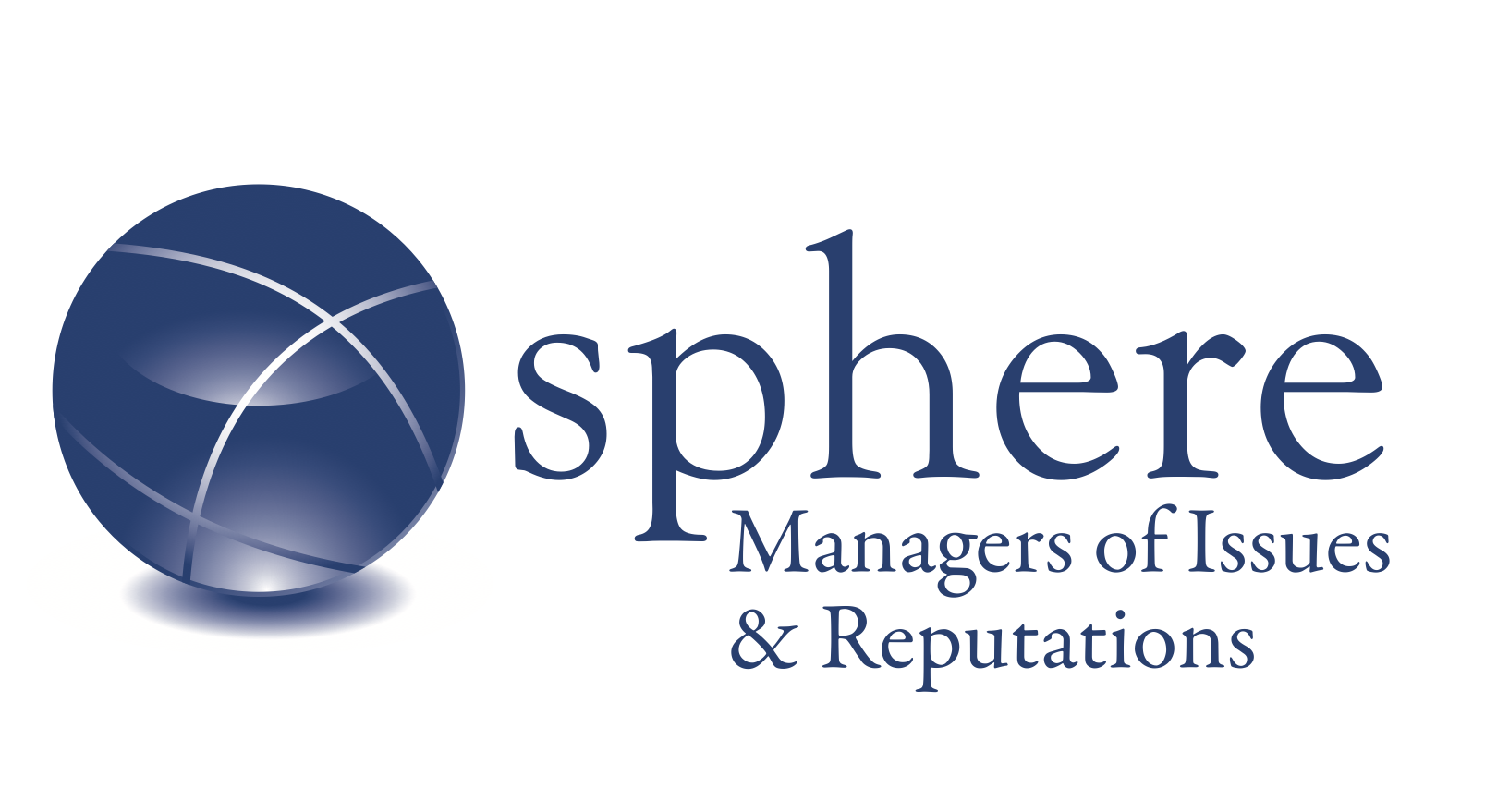01 Feb
2016
Iowa, Safe Harbor, and Feeling the Bern – TenCount 2.1.16
- After months of build-up from pundits and polls, it’s time for the people to have their say. The Iowa Caucuses on Monday night will formally kick off the presidential primary season, thrusting both parties on their way to nominating conventions in July. But it’s still not certain that either party will have settled on a candidate for the general election by then.
- And what would an election night be without controversy? Vermont Senator Bernie Sanders has been raising questions about whether Microsoft – which built the app that Iowa precinct captains will use to report results from the Caucuses for both parties – can be a neutral arbiter, given that its employees have given hundreds of thousands of dollars to Hillary Clinton during her career.
- The deadline for reaching a Safe Harbor agreement was supposed to be Jan. 31, but negotiators from the United States and the European Union are still working at it, hoping to reach a deal by the time European data authorities meet on Tuesday. Safe Harbor, which gives American companies the ability to transfer personal data on E.U. citizens to the U.S., was upended by a post-Snowden European court ruling that U.S. companies weren’t offering sufficient data protection.
- Relatedly, the Senate Judiciary Committee passed the Judicial Redress Act last week, which would extend some privacy protections to citizens of the E.U. and other major U.S. allies. A bill has already passed the House, so the likelihood of Senate action in the coming weeks could be key to insuring that American companies extend their ability to transfer and store transatlantic data.
- Terrorism is front of mind these days on Capitol Hill, with a trio of committee hearings addressing the issue this week. On Tuesday the Senate Homeland Security & Governmental Affairs Committee will hear from local public safety officials on the frontline response to terrorism in America; on Wednesday, the House Task Force to Investigate Terrorism Financing will hear about money laundering and terror finance and the House Homeland Security committee will examine visa and refugee security.
- Public safety communications has been a problem since at least 9/11, when Fire and Police officials in New York found they couldn’t talk to each other directly after the World Trade Center attacks. A remedy – building a national wireless network for first responders – is still in the planning stages nearly 15 years later. The network, known as FirstNet, gets a hearing Tuesday from the House Energy and Commerce communications subcommittee.
- Authorization of the Federal Aviation Administration will expire in roughly two months. Congress has not passed a long-term extension of FAA authorization in more than nine years, but rather has approved more than two dozen short-term fixes. But this year, there’s a new topic on the agenda that some legislators are hoping will give momentum to a long-term deal: privatization of the nation’s air traffic control system. The Cato Institute will conduct a discussion on the topic at noon Thursday.
- The House Transportation and Infrastructure Committee is expected soon to unveil an FAA bill that addresses possible privatization of the air traffic control system, now overseen by the FAA. But Republic and Democrat leaders of the Senate Appropriations Committee sent a letter to their counterparts on the Senate Commerce Committee warning against such a move, saying “the public would not be well served by exempting any part of the FAA from annual congressional oversight.”
- The Labor Department sent its fiduciary rule to the Office of Management and Budget for review last week, meaning that formal administration approval of the rule could be just weeks away. The rule would require financial brokers to adhere to a best-interest standard when offering retirement advice to investors. But many investment companies say the rule would impose burdensome contract requirements that could leave small investors without access to advice.
- Argentina’s newly elected president, Mauricio Macri, boasted in Davos recently that the country expected $20 billion in foreign investment this year, painting a picture of a formerly troubled economy on the rebound even as South American neighbors lag behind. But then there’s the sticky problem of holders of the country’s defaulted debt from 2001. Argentina Finance Secretary Luis Caputo is expected to present a settlement offer to those longsuffering investors Monday in New York.
